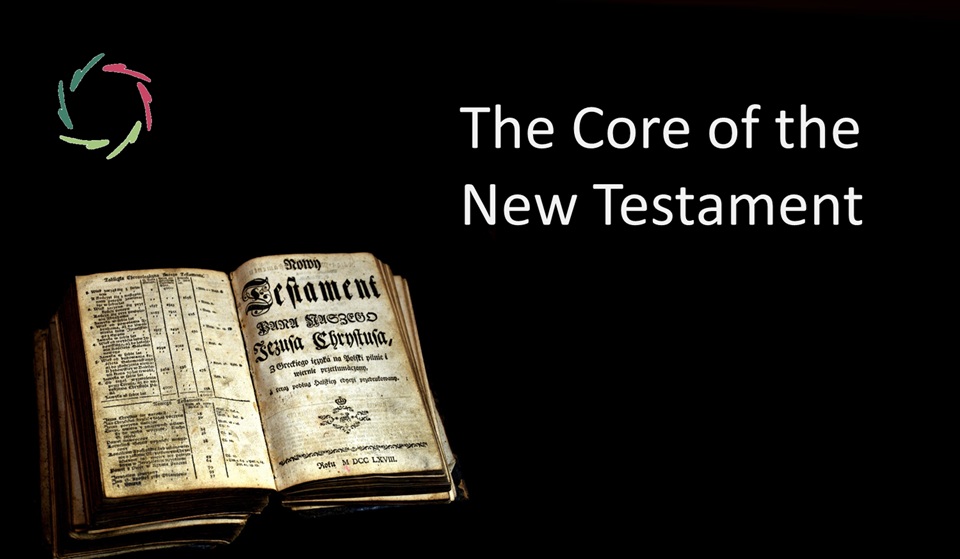Sacred Space

In many religious settings, a ‘sacred space’ represents a tangible location where extraordinary events may occur.
According to specific belief systems, a divine presence might be particularly felt there. Such spaces can also symbolize the meeting point of the mundane and the divine, enhancing a person’s spiritual experience.
Ubiquitous
This concept is prevalent in most religions in one form or another.
Thus, it serves as a powerful means for individuals to ‘connect’ in a meaningful way. This connection can foster a sense of community and shared purpose, deepening collective spiritual experiences. At the same time, a sacred space is a powerful symbol for inner unification and mental growth. This is consistent with the AURELIS view of promoting deep mental integration and spontaneous growth.
The ability to enter and be immersed in such a space as an individual is profoundly numinous (deeply meaningful).
Like becoming whole, a longing for unification
People possess an inherent drive for wholeness, stemming from a natural sense of incompleteness.
This drive compels them to perpetually seek ‘something’ that promises fulfillment ― often leading to significant personal discoveries and growth.
Be it an Elysium or a heavenly afterlife where all divides vanish, such concepts profoundly encapsulate the creation and experience of sacred spaces, both physically and metaphorically, fostering inner and outer harmony.
A tangible sacred space symbolizes the achievement of one’s spiritual journey.
It’s a promise that “one fine morning, I’ll be there.” This promise can provide solace and motivation, encouraging individuals to continue their spiritual quests with hope and determination.
For instance, a church is a ‘house of God.’ Entering it signifies entering a space where the divine presence is felt ― a unification with the divine.
“I missed you,” a mystic might say, reflecting a sentiment relevant to all of us, realized in diverse ways.
Inner unification
Here, inner and outer experiences mingle spontaneously. One does not explain the other; rather, they coexist simultaneously in space and time.
Internally, this involves a profound unification of mental patterns, akin to a ‘meeting with one’s soul.’
Also when two people unify
Falling in love represents a deep unification with the beloved, creating a sacred space between individuals that symbolizes profound emotional bonding.
Here, the sacred space is the presence of the other. Symbolically, it can be anywhere. In a religious context, it operates on multiple levels, leading to a ‘bonding that only God can break.’
On the surface, this may seem different. However, the underlying principle remains the same. It also resonates with the AURELIS emphasis on non-coercive, inner-driven transformation.
An excellent coach knows how to bring this to bear meaningful fruit. Naturally, this requires utmost respect, trustworthiness, freedom, openness, and depth.
Wonderful mental growth may happen then.


